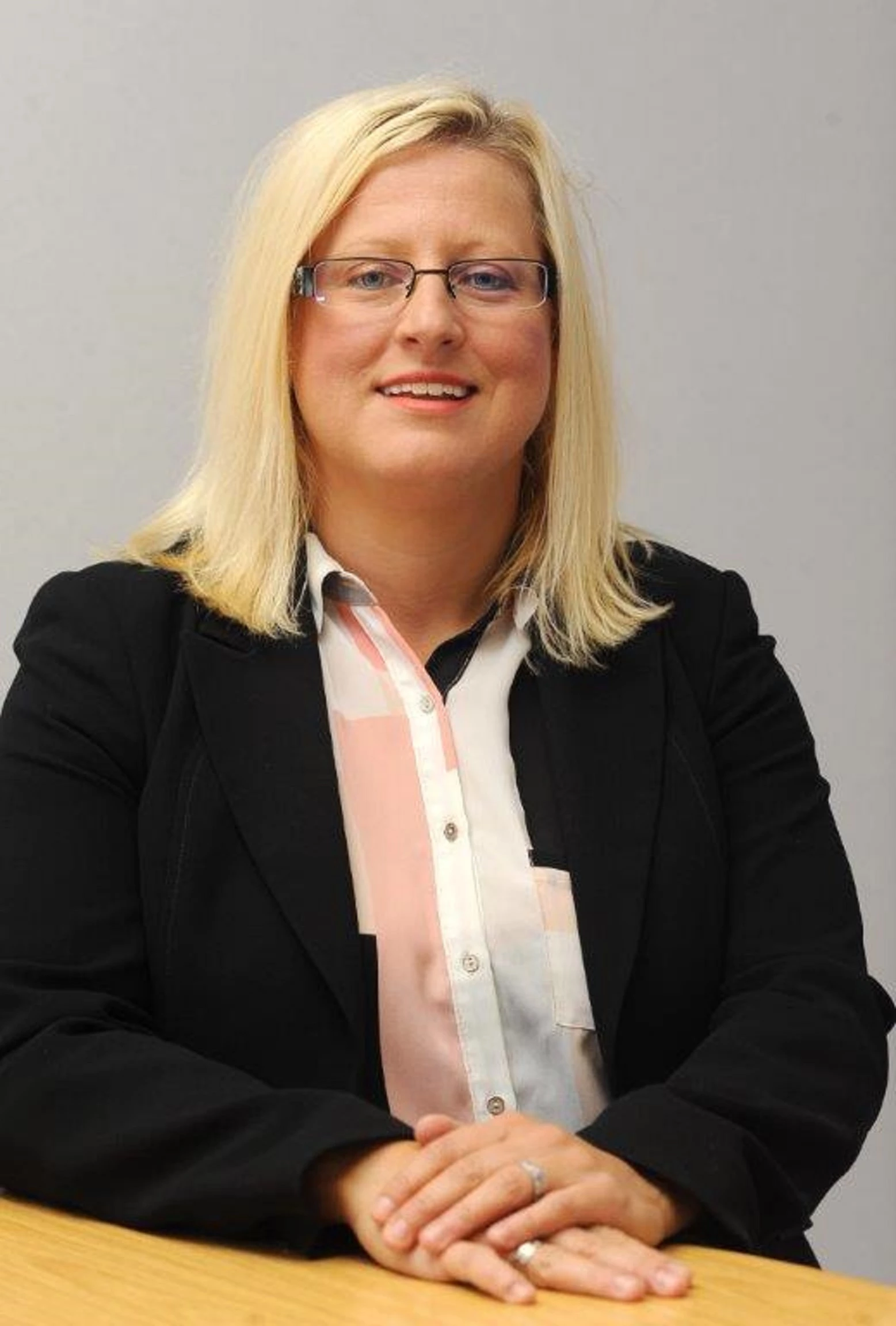
Partner Article
Tax loophole closes for second homeowners - but accountant says this won't impact legitimate holiday let businesses
Second homeowners who declare their properties as holiday lets but then leave them empty for the vast majority of the year will need to pay more tax under new Government proposals.
Rosy Hughes, head of private client tax at leading regional accountancy firm Burgis & Bullock, said the closure of this tax loophole won’t impact legitimate holiday let businesses but has urged second homeowners to review their properties to see if the change will affect them.
The existing tax loophole has enabled people to falsely claim properties as holiday lets and pay business rates, which are minimal with small business rates relief, rather than council tax to local authorities.
This has been a major issue in popular tourism locations such as Devon and Cornwall, but is also a problem in the idyllic countryside of Warwickshire and the Cotswolds.
New rules come into effect from April 2023 and second homeowners will be required to rent the property out for a minimum of 70 days a year to access the small business rates relief.
The properties will also have to be available to be rented for 140 days a year to qualify. Previously, there had been no requirement to provide proof that a property had been let out.
Rosy said businesses which legitimately claim the business rates relief need not worry and that it is right that home owners who have exploited the tax loophole contribute more to local authorities.
“This is not a change from Government designed to impact people who are deserving of the business rates relief on their property, it is cracking down on those who have abused the tax loophole in recent years,” she said
“It is very likely that if you claim business rates relief on a second home you will get a 100 per cent reduction – whereas these people should really be paying full council tax rates. “The business rates relief for small business that run furnished holiday lets is vital and has been a lifeline with the industry struggling throughout the pandemic.
“While the majority of second homeowners will simply absorb the extra cost and the new council tax charge, the move from Levelling Up Secretary Michael Gove may make some second homeowners think twice about not letting out the property.
“In context, 70 days isn’t actually that high. Therefore, we would urge all second homeowners and holiday let businesses to review their properties and see if this change will impact on them.
“It is without a doubt a fairer system and should provide a small tax boost to local authorities where holiday lets are popular.”
Burgis & Bullock, which has offices in Leamington, Nuneaton, Rugby and Stratford-upon-Avon, can advise on all aspects of holiday lets and sold properties.
This was posted in Bdaily's Members' News section by Matt Joyce .




 test article 123456789
test article 123456789
 hmcmh89cg45mh98-cg45hm89-
hmcmh89cg45mh98-cg45hm89-
 test456456456456456456
test456456456456456456
 test123123123123123123
test123123123123123123
 test xxxdiosphfjpodskhfiuodsh
test xxxdiosphfjpodskhfiuodsh
 Savour the flavour: North Tyneside Restaurant Week returns for 2024
Savour the flavour: North Tyneside Restaurant Week returns for 2024
 Six steps to finding the right buyer for your business
Six steps to finding the right buyer for your business
 Stephen signs off on a special night
Stephen signs off on a special night
 Life’s a Peachaus: Gillian Ridley Whittle
Life’s a Peachaus: Gillian Ridley Whittle
 Making a splash: Phil Groom
Making a splash: Phil Groom
 Making workplace wellbeing a priority
Making workplace wellbeing a priority
 A record of delivery, a promise of more: Ben Houchen
A record of delivery, a promise of more: Ben Houchen